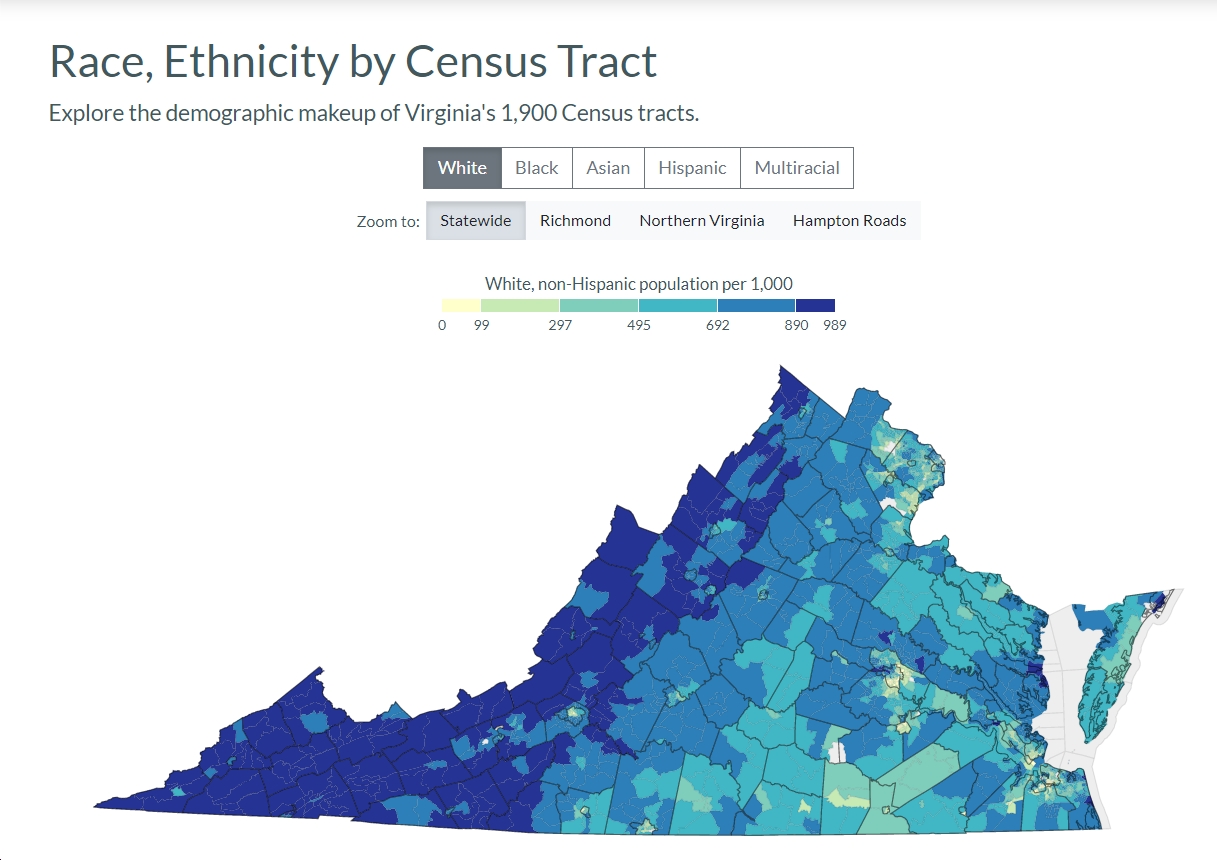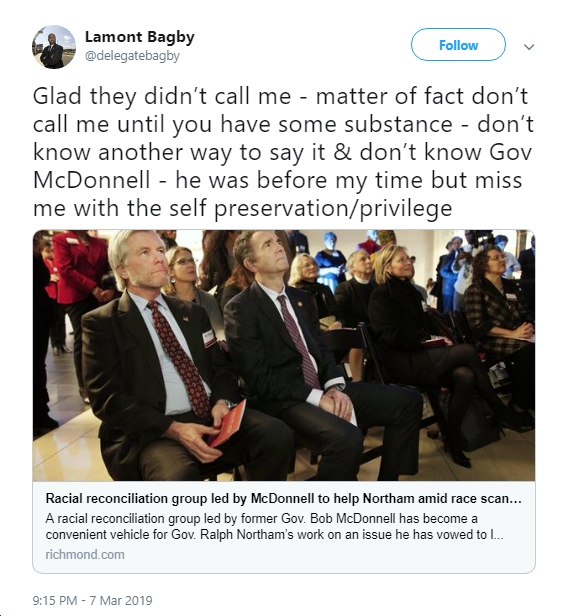At last night’s Northern Virginia Transportation Commission (NVTC) meeting, before the business part of the program began, several members – NVTC Chair Katie Cristol (from the Arlington County Board), NVTC Vice Chair Canek Aguirre (from the Alexandria City Council) and NVTC Secretary-Treasurer Jeff McKay (from the Fairfax County Board) had some important comments on racial justice, equity and transportation. See below for a transcript of their remarks (bolding added by me for emphasis) and video. And, of course, let’s make sure we strongly support transit, for a wide variety of economic, social, environmental and other reasons, including what’s discussed below.
Arlington County Board member Katie Cristol: “Before we formally begin the business of today’s meeting, I wanted to take a moment to recognize the demonstrations for racial justice ignited by the murder of George Floyd that have been taking place across the United States and across Northern Virginia. Systemic racism and the opportunity to confront it is present in every feature of our lives – and that includes transportation. Throughout our American history, public transit has been the site of race-based violence, like the killing of Officer Grant from the BART system and the confrontation of civil injustice such as the Montgomery bus boycott. Public transit should also be an opportunity to further racial justice in our region. Transit should be a fulcrum for denser, more affordable housing to confront our history of housing segregation. Transit should be a tool for environmental justice, providing a more sustainable alternative to the vehicle emissions that have a disparate impact on the respiratory health of our black and brown residents. Transit should be the public investment that drives equal access to education and jobs by addressing a half-century legacy of racial exclusion and displacement of highway infrastructure projects. I know that we’re each reflecting deeply about how to use our positions of power to make meaningful change to reach racial justice within our own jurisdictions and across the Commonwealth. And we have an opportunity here too, as Northern Virginia Transportation commissioners, to help build that more just society for which so many are powerfully demonstrating right now.”
Alexandria City Council member Canek Aguirre: “I’ve really struggled this week. It’s the thing that keeps on coming up in my mind is from talking to friends and listening to interviews, people just saying that it’s broken them. And when when someone says that they’ve been broken, I mean you don’t even know how to respond to that, it’s such a powerful emotion and feeling. You know, basically, all you could do in a situation like that is try and sit next to someone, put your hand on the shoulder, just be there with them in the moment. And you know, don’t want to forget while we’re trying to process everything, we have to realize – and thank you Madam Chair for your comments on the ways transportation affects equity in our lives, because it is extremely important, and I would encourage all my my colleagues and elected officials, to take a review of the policies that all of our police departments have, whether it’s use of force, data transparency, or many other things that we potentially could do to try and address this. Because at the end of the day, if we’re not changing human behavior and not changing the policies that we have, then we’re really not going to be able to move forward. What we need to do is create a new normal.”
Fairfax County Board Chair Jeff McKay: “Thank you to my colleagues for expressing themselves. I think it’s important that we do that. I will say that in Fairfax County, we have a One Fairfax equity policy. And when I describe that to the public, I tell them that it’s a deliberate racial and social justice equity lens under which we make every decision that we should make as a county government. And I use the example, always, of simple decisions like where you put a bus stop, to much more complex decisions about what your budget priorities are. That’s the spectrum under which we should be looking under that lens to make sure what we’re doing is equitable. And I had a constituent of mine who approached me one time and he said, you know, the bus stop thing really sunk in with me. Because as a low-income person who grew up in Fairfax County, my dad used to walk to the bus every day to get to work. And he used to tell me if he didn’t have access to transit, he wouldn’t have access to a job. And none of the things that we take for granted too often would be afforded to us. And so we need to think about transit as a transit organization – we’re here as a transit organization – we need to think about transit as an equalizer, as a human service, as a connection to our economy, giving an opportunity for all people to connect to our economy. We’re in a pandemic. For many people, this is how they connect to health care services. And so, if we really are to build a bridge forward towards racial and social equity, a key component of that is how we think about transit and how we factor transit into literally what could be a life-changing situation for so many families in Northern Virginia. And so as we reflect on this hard time – all of us are doing that – we need to move forward with these thoughts in mind intentionally as we make policy decisions. And things as simple as where we put a bus stop. And so thank you for giving me a moment to express that and to remind ourselves of the enormous important task that all of us as elected officials have to promote equity.”


![Virginia NAACP: “This latest witch hunt [by the Trump administration] against [GMU] President Washington is a blatant attempt to intimidate those who champion diversity.”](https://bluevirginia.us/wp-content/uploads/2025/07/gmuwwashington.jpg)













